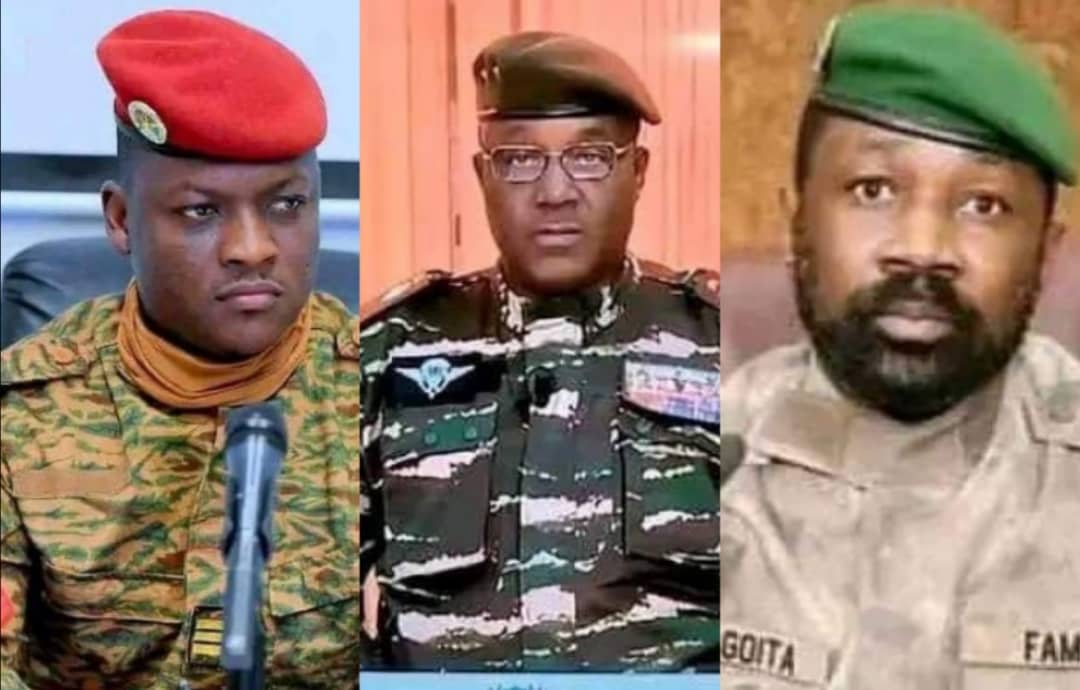International
ECOWAS raises alarm over democratic decline in W’Africa, warns of growing political instability

The Economic Community of West African States (ECOWAS) has sounded the alarm over what it describes as an escalating crisis of democracy and security across the region, cautioning that persistent political instability could jeopardize Africa’s broader integration and development agenda.
President of the ECOWAS Commission, Dr. Omar Touray, issued the warning on Friday at the African Public Square (APS) Second Continental Edition Conference held in Abuja. The event, themed “Future Proofing Regional Integration in Africa: ECOWAS @50,” explored how regional cooperation can be strengthened amid rising governance and security challenges.
Touray, represented by Ambassador Abdel-Fatau Musah, ECOWAS Commissioner for Political Affairs, Peace, and Security, revealed that the Commission has begun a citizens-led review of its integration framework to ensure alignment with the continent’s evolving realities. He noted that the exercise would culminate in a draft pact outlining ECOWAS’s roadmap for the next 15 years.
“I would argue that we have a crisis of security, and then we have a crisis of democracy in West Africa today,” Touray said.“We have to navigate between a lot that has been said about terrorism, violence, terrorism, and others. Democracy is also in crisis. It is in crisis today in West Africa and it doesn’t seem like leaders have learned their lesson.”
The ECOWAS chief’s remarks reflect growing anxiety over the erosion of democratic values across Africa, marked by military coups, constitutional manipulations, and shrinking civic freedoms. In recent years, several countries in West Africa have witnessed power grabs or constitutional changes that entrench incumbents and weaken rule of law.
Touray traced the evolution of ECOWAS from its founding in 1975 — amid colonial and linguistic divisions — to its role in peacekeeping during post–Cold War conflicts, and now to its struggle with internal democratic setbacks.
He warned that the world was entering a “warm war” era characterized by shifting global alliances and strategic rivalries, urging West African states to make deliberate choices to protect their shared democratic future.
Touray also decried the rise of political exclusion in some member states, warning that such practices undermine electoral credibility and fuel instability.
“Only renewed commitment to inclusivity, good governance, and dialogue can bring the estranged members back into the ECOWAS family,” he said.“Today’s popular method of team capture is by member states eliminating dangerous opponents, whether political parties or candidates, from the electoral process.”
Analysts believe Touray’s statement underscores ECOWAS’s frustration over the fragility of democracy in the region. Once regarded as a model for democratic governance, the bloc has in recent years grappled with coups in Mali, Burkina Faso, and Niger—countries that have since withdrawn from ECOWAS in protest against sanctions and political disagreements.
Also speaking at the conference, Dr. Kayode Fayemi, former Governor of Ekiti State and ex-Minister of Solid Minerals, attributed the region’s deepening insecurity to weak governance and institutional decay, rather than insurgency alone.
He stressed that many of West Africa’s ongoing crises are rooted in leadership failures, political exclusion, and the absence of credible democratic systems.
These concerns come at a time when Nigeria recently survived an attempted coup, leading to the arrest of several military personnel.





















